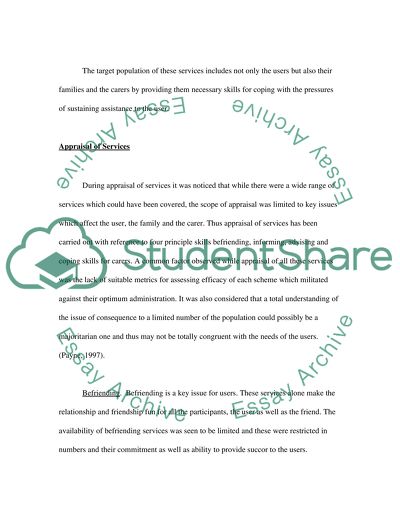Cite this document
(“Support Services for Dementia Assignment Example | Topics and Well Written Essays - 2500 words”, n.d.)
Support Services for Dementia Assignment Example | Topics and Well Written Essays - 2500 words. Retrieved from https://studentshare.org/psychology/1501292-support-services-for-dementia
Support Services for Dementia Assignment Example | Topics and Well Written Essays - 2500 words. Retrieved from https://studentshare.org/psychology/1501292-support-services-for-dementia
(Support Services for Dementia Assignment Example | Topics and Well Written Essays - 2500 Words)
Support Services for Dementia Assignment Example | Topics and Well Written Essays - 2500 Words. https://studentshare.org/psychology/1501292-support-services-for-dementia.
Support Services for Dementia Assignment Example | Topics and Well Written Essays - 2500 Words. https://studentshare.org/psychology/1501292-support-services-for-dementia.
“Support Services for Dementia Assignment Example | Topics and Well Written Essays - 2500 Words”, n.d. https://studentshare.org/psychology/1501292-support-services-for-dementia.


